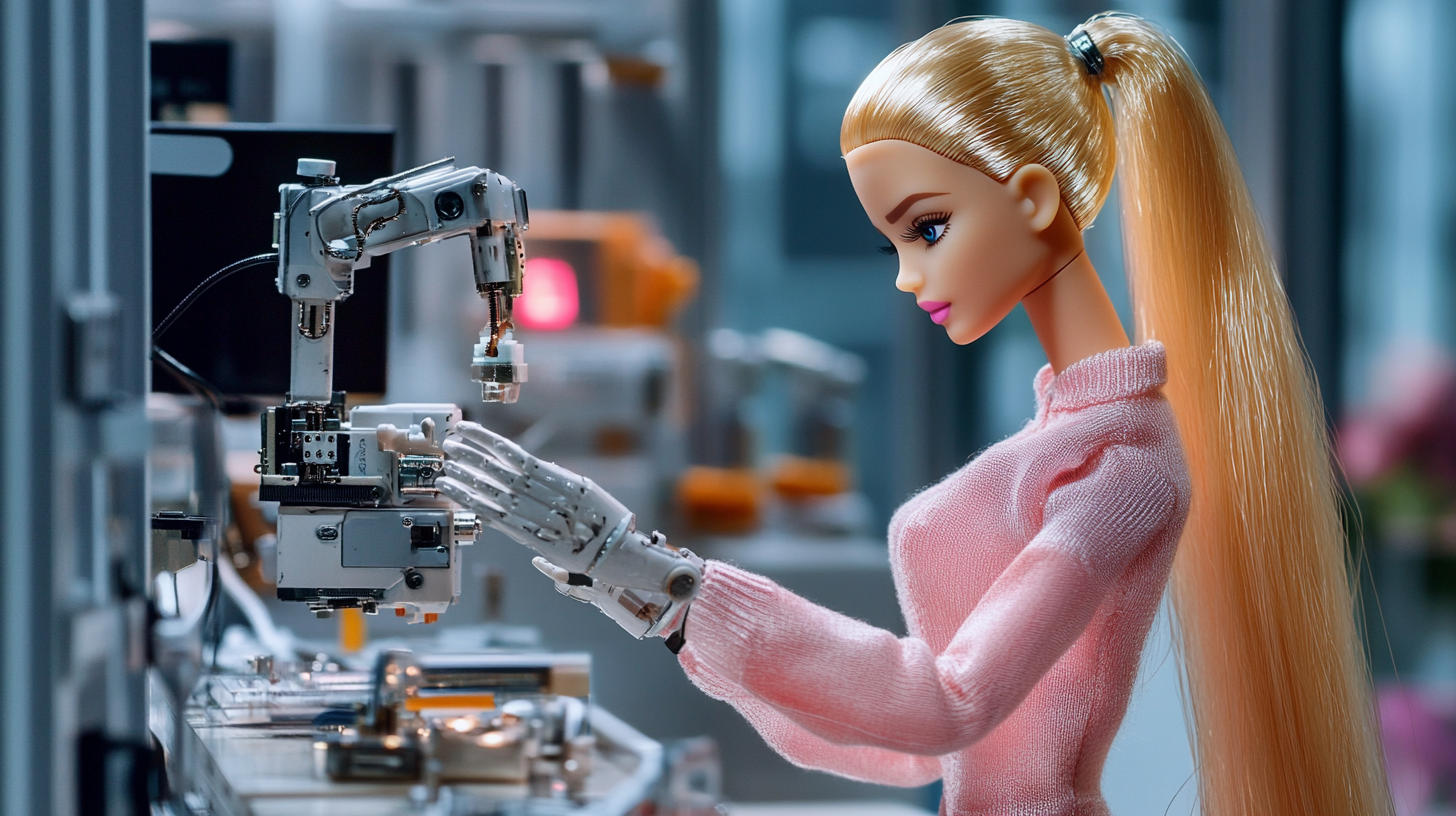Mattel Taps OpenAI to Build the Future of Play
Mattel, the century-old toy giant behind Barbie, Hot Wheels, and Uno, has officially partnered with OpenAI to infuse artificial intelligence into its product lines and internal workflows. Announced on June 12, 2025, the alliance aims to deliver AI-enhanced toys to market by the end of the year, marking a bold step into what Mattel calls the “next era of play.”
This isn’t just a gimmick. It’s a pivot.
A Strategic Play for Relevance
In a world where kids are swiping before they speak, Mattel’s bet on generative AI is both reactive and visionary. The company will integrate OpenAI’s large language models—via ChatGPT Enterprise—into everything from ideation to marketing, with the most anticipated outcome being consumer-facing AI-enhanced toys.
Executives have confirmed that the first physical products influenced by this partnership will launch later this year. While they’ve kept exact details close, the move suggests a future where characters like Barbie can hold a real-time conversation, or Hot Wheels sets can respond dynamically to how kids play.
“We’re entering a new age of imaginative engagement,” said Mattel CEO Ynon Kreiz in a press statement. “AI allows us to expand the storytelling universe of our brands in ways previously unimaginable.”
Lessons from the Past: No More Hello Barbie
This isn’t Mattel’s first attempt at smart toys. In 2015, the company launched Hello Barbie, a voice-interactive doll that faced backlash over privacy concerns. That product was short-lived, largely due to data safety red flags and clunky UX.
This time, the approach is different. The use of ChatGPT Enterprise, not the public version, means tighter control over data, improved content safety filters, and the ability to create use-specific instances of AI tailored to children’s interactions. The infrastructure reportedly allows for on-device processing and offline capabilities—vital for ensuring compliance with child privacy laws.
Toys, Reimagined
The implications go beyond novelty. With Gen Alpha and younger Millennials raising children in hyper-connected households, Mattel’s pivot could redefine how families interact with toys.
Imagine:
A Barbie that evolves with the child’s interests.
An Uno game that teaches logic and language skills.
Hot Wheels races narrated by a real-time AI co-driver.
But for now, these are speculative possibilities. The company hasn’t confirmed which brands will be included in the first wave.
A Broader Creative Stack
Internally, Mattel is deploying OpenAI across its product teams. AI will now assist in concept generation, character writing, script testing, and possibly even packaging and ad copy. According to a source familiar with the rollout, “ChatGPT is already being used to generate hundreds of alternate storyline variations for new Barbie films and YouTube content.”
For Mattel, it’s not just about catching up. It’s about leapfrogging the traditional toy cycle and offering something that sits at the intersection of physical nostalgia and digital innovation.
Why This Matters
This partnership may set a new standard for how legacy consumer brands incorporate AI. While companies like LEGO have dabbled in digital extensions, few have gone this far in integrating foundational models directly into the toy development pipeline.
Mattel isn’t pivoting to become a tech company. But in 2025, the toy company that ignores AI risks becoming a museum piece.
What Comes Next
Holiday 2025: First AI-enhanced toys expected to launch.
Creative acceleration: OpenAI’s models are already being used in script development and character concepting.
Risk management: Privacy remains under scrutiny. The success of this rollout depends on tight safeguards and parent trust.
Bottom line:
Mattel isn’t trying to sell you toys with chips. They’re trying to reinvent emotional connection through AI storytelling. And with OpenAI in the picture, that future just became a lot more plausible.
If ChatGPT-powered Barbie becomes real—and good—it won’t just be a toy. It’ll be a cultural reboot
